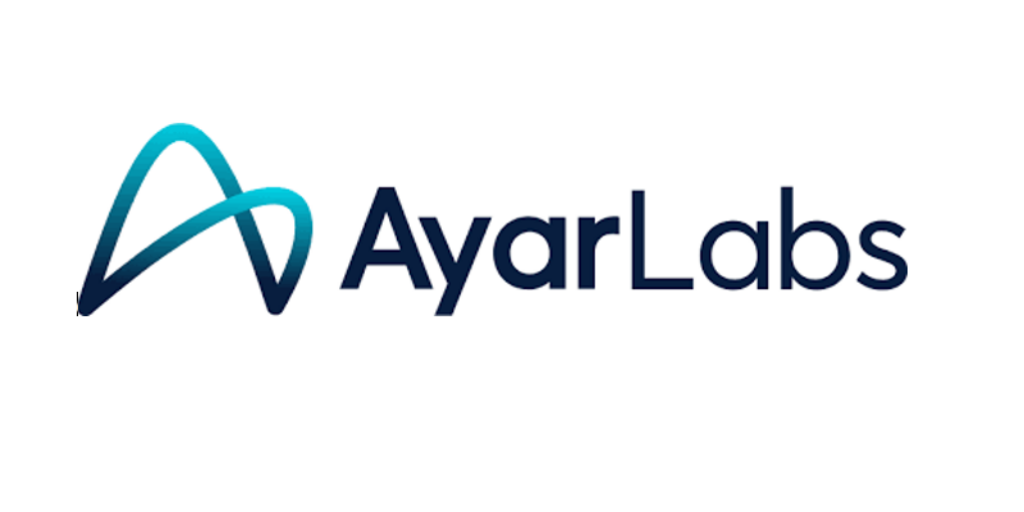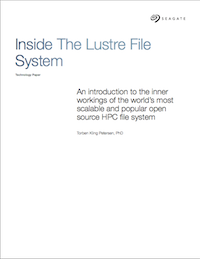 Rob Farber from Pacific Northwest National Laboratory has written a thought-provoking piece on how the availability of teraflop GPGPU supercomputers represents a perfect storm to rethink what’s possible in academia, product development, and HPC research.
Rob Farber from Pacific Northwest National Laboratory has written a thought-provoking piece on how the availability of teraflop GPGPU supercomputers represents a perfect storm to rethink what’s possible in academia, product development, and HPC research.
My expectation is that there will be extraordinary progress in the near future as this large base of free-thinking technically-literate massively-parallel developers grows and begins to leverage its capabilities. The personal computer (PC) put relatively powerful virtual memory systems into the hands of the masses. Access to one of these machines allowed an unknown student in Finland to write a piece of software which he posted on the Internet just to see if he understood operating design. Without question, Linus Torvalds and the Linux operating system have had a tremendous impact on our technological world. Commodity supercomputing in the hands of the global public can similarly provide other bright individuals with the computational platform they can use to change our world.
Read the full story in Scientific Computing.



